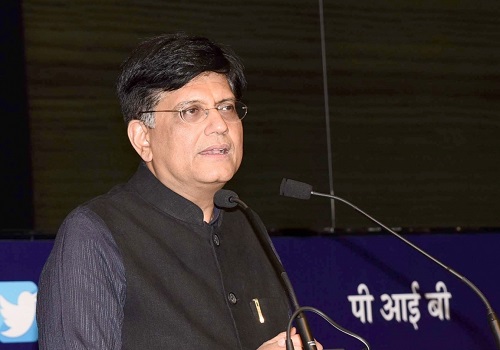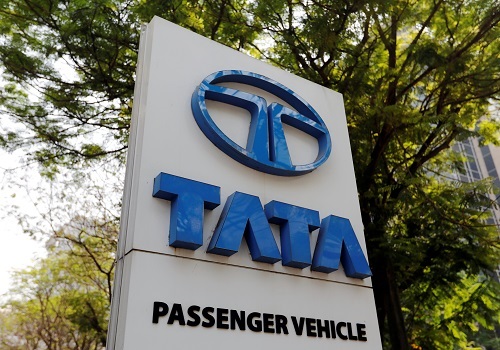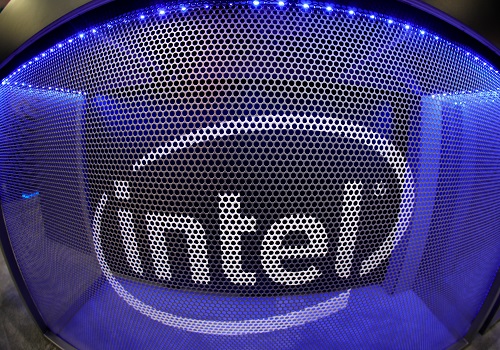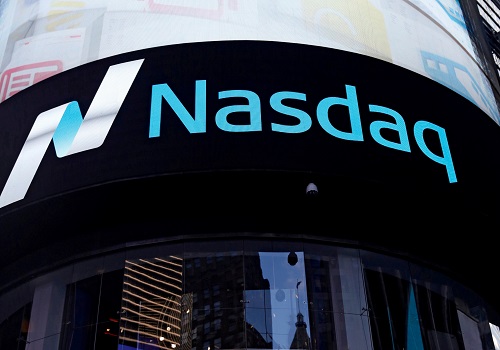Investors warn CEOs on pay and perks ahead of UK AGM season

Follow us Now on Telegram ! Get daily 10 - 12 important updates on Business, Finance and Investment. Join our Telegram Channel
LONDON - After taking billions of pounds in government money and furloughing staff during the pandemic, Britain's blue-chip companies are being warned by investors to rein in executive pay and perks or risk a rebellion at upcoming annual meetings.
The push-back comes as companies in sectors from hospitality to travel grapple with a collapse in revenues while trying to incentivise their top staff to stay and help lead a recovery.
Among the most contentious pay proposals so far was cinema chain Cineworld's plan to give its chief and deputy chief executives a bonus of up to 65 million pounds ($89 million) each if performance and share price targets are met.
That plan was considered too generous by some shareholders, with nearly a third of votes cast rejecting it.
The clash could be the first of many if more companies look to push through post-pandemic pay and perks that are too high, too easy to achieve and tone-deaf to broader society's struggles.
"This is going to be a very controversial year for remuneration," said Rebeca Coriat, head of stewardship at Lombard Odier Investment Managers.
"Companies have to walk a very fine line (in terms of) variable compensation given that, of course, executives will have worked very, very, very hard in 2020, but maybe the results and the performance ... do not reflect that."
Retailers WH Smith and JD Sports are among other companies to have already faced significant investor resistance over their pandemic pay arrangements, although no major companies have had their plans voted down so far.
Cigarette-maker Imperial Brands saw around 40% of voting shareholders oppose the directors' remuneration report at its annual general meeting (AGM) last week, while 36% of voters opposed the director pay plan for publisher Future on Wednesday, which could see its CEO receive 40 million pounds.
"A company that has had to make redundant a very large number of employees, and maybe even take government help, should not be paying a bonus, or a very large bonus," Coriat said.
Votes on future remuneration are often not binding, and so even defeat for a company may have little practical effect - a point highlighted by social justice lobby groups. But in reality, a large investor rebellion is often enough to get firms to change policy in order to smooth relations with shareholders.
Companies have claimed 46.4 billion pounds ($64.1 billion) from the UK government's pandemic job retention scheme, as of Dec. 13.
Many investors will scrutinise whether companies have used this scheme and how executive rewards compare with pay for the workforce as a whole.
Mirza Baig, head of investment stewardship at Aviva Investors, said he would also consider if companies had limited sick pay allowances for staff, "which incentivised behaviours which we think culminated and added to the health risk both for employees and for broader society."
Baig said Aviva had seen a 30% increase in the number of consultations with companies in the second half of 2020, leading up to the 2021 AGM season, and expects to allocate more resources to assessing pay issues this year.
"I don't want to paint a completely bleak picture to say that we're expecting everyone to come back in an irresponsible way, however we have seen a number of companies that have removed financial underpins (to bonus plans, and) have looked to replace failing awards with new awards, with different performance conditions," he said.
In 2020, 26 companies in Britain's FTSE All-Share index saw at least 20% of votes cast against their pay policy, up from 11 in 2019, according to the Investment Association. The bulk of 2021 AGMs will be in March and April.
"We think it's really important that the experience of executives reflects the experience of the shareholders, and that we don't see windfall gains," said Lisa Harlow, head of investment stewardship for EMEA at Vanguard.
Some companies have responded by turning to restricted share plans this year, a form of longer-term incentive based on share price, rather than individual performance.
Informa passed a restricted share plan at a meeting in December, with 41% of votes against it, while SIG and Provident Financial passed such schemes with minimal shareholder resistance in recent months.
Kalina Lazarova, head of governance at BMO Global Asset Management, said BMO generally does not support restricted share plans, "because we believe they can lead, over time, to increased complexity and higher pay for poor or mediocre performance".
Even executives in companies which have performed well over the past year should be wary of reputational damage from being seen to benefit excessively from the pandemic, said Lazarova, adding deferring bonuses could limit potential criticism.
Zehrid Osmani, manager of the Martin Currie Global Portfolio Trust, said he was having extended discussions with companies to avoid excessive payouts should revenues and share prices bounce back after pandemic restrictions are lifted.
"We want to ensure that remunerations are adapted constructively for the exceptional recession of 2020, and for the exceptionally strong recovery from the lows that 2021 is likely to bring," he said.
(Reporting by Simon Jessop and Elizabeth Howcroft. Editing by Mark Potter)










Top News

Infosys zooms on the BSE


 320-x-100_uti_gold.jpg" alt="Advertisement">
320-x-100_uti_gold.jpg" alt="Advertisement">











